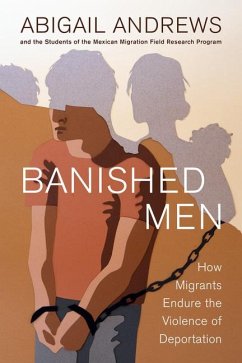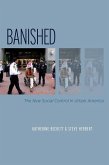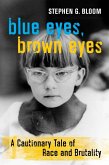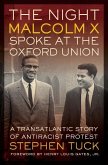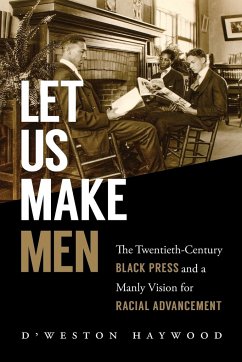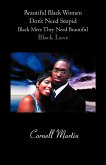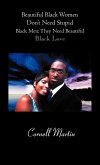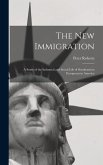"Banished Men is a beautifully written book, bringing deported men to life in all their misery and hopes. It is a timely contribution to immigration and Latinx sociology literatures, as well as an intervention in how to do collective social-justice-oriented research. Banished Men adds to our understanding of the current historical moment in vivid form."--Nancy Plankey-Videla, Professor of Sociology and Coordinator of Latino/a and Mexican American Studies at Texas A&M University "Banished Men asks what becomes of men--their emotions, relationships, family ties, economic opportunities, and very sense of self--as they are forced to live through US detention, imprisonment, and deportation. This powerful book delves into how banishment upends men's lives and shapes their humanity."--Jennifer Randles, author of Essential Dads
Hinweis: Dieser Artikel kann nur an eine deutsche Lieferadresse ausgeliefert werden.
Hinweis: Dieser Artikel kann nur an eine deutsche Lieferadresse ausgeliefert werden.

